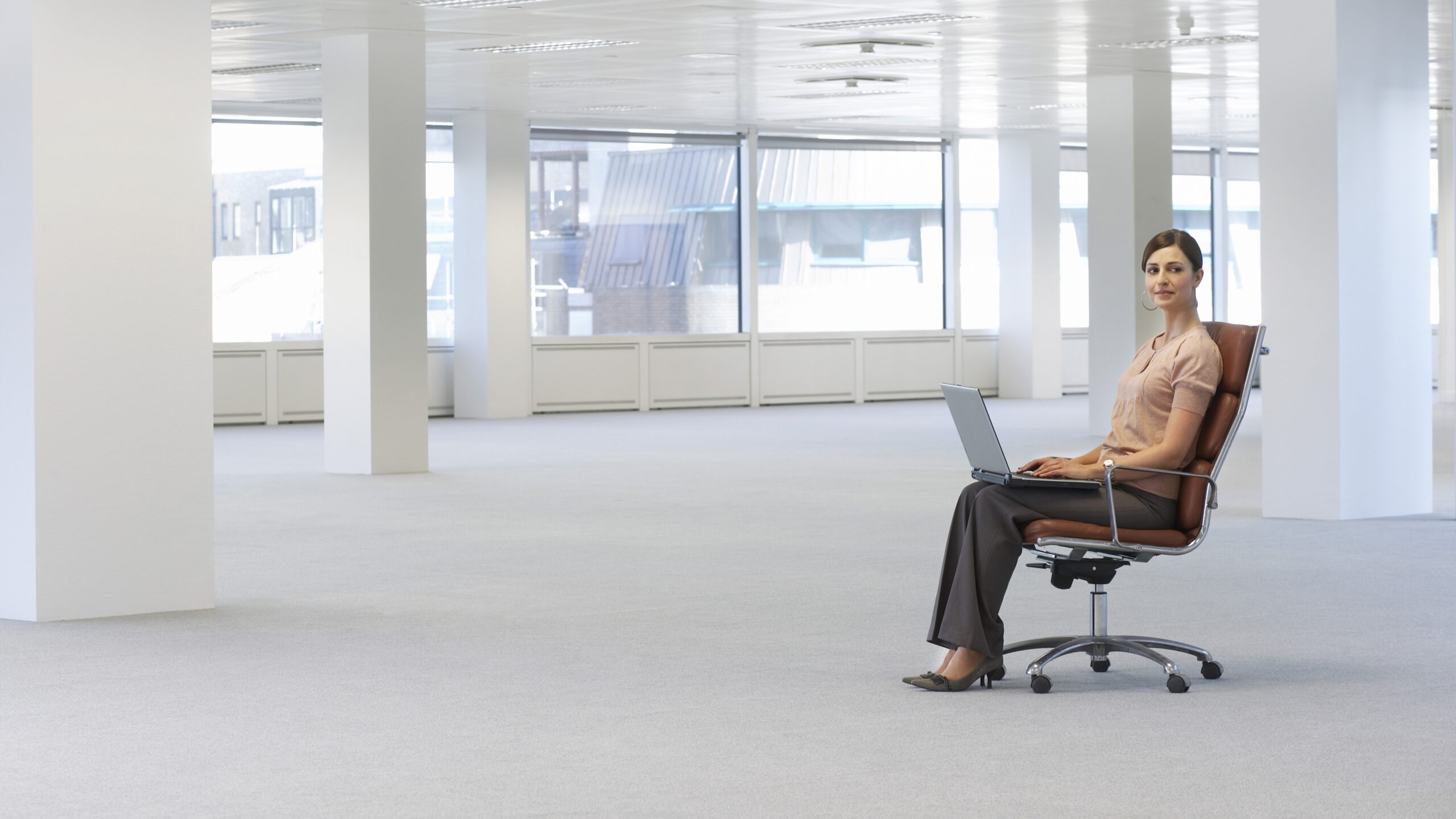Will People Ever Go Back to Work in an Office?

As we continue to plow through the difficult times, with COVID cases spiking in multiple states across the country, the hopes for a normal return to the workplace is diminishing every day. It is unlikely that we will ever return to what now seems like the distant days of February 2020, when everyone went to work in an office, and met in meeting rooms or over coffee.
A recent study by IACCM reflects this new reality as well. I had a discussion with Tim Cummins, IACCM’s founder and leader, and he shared with me some of the results from his blog, Commitment Matters.
Tim noted the results from a recent IACCM poll in June 2020, that reveals that 1% of respondents hope for a future where they work exclusively from an office and 12% would prefer ‘mainly office’. But that compares with 63% who want to work mainly or entirely from home and 24% who would like a 50/50 balance …..
Here are other insights from this blog:
When the pandemic first struck, the chat on social media was overwhelmingly a tale of woe. People missed the office. They missed the informal conversations with colleagues. They struggled with intrusions by pets and children. They battled over finding a quiet space.
Steadily, the complaints diminished. A ‘new normal’ emerged, proving the point that it just takes time to adjust. But did the silence reflect a grudging acceptance, a belief that this was just a temporary situation and it would soon be over. Or was it indicative of a much deeper change – perhaps even an enthusiasm for this change to ‘working from home’?
IACCM’s first surveys in March revealed the speed with which a majority of the worldwide contracts and commercial community shifted from office to home. They also showed the speed with which most organizations moved in equipping their staff to be productive – at least in terms of technology. But that did not mean they were actually ‘enjoying’ themselves. While some were already accustomed to some level of home working, many were not and overwhelmingly they looked forward to the re-opening of offices and restoration of routine and – in particular – interaction with colleagues.
It was clear in those early days that people were indeed struggling to develop a new routine. Many needed to establish a household rhythm which included adjusting traditional working hours and perhaps re-purposing sections of their home. But released from their daily commute and the distractions of the office, they actually discovered higher levels of productivity.
But are we having fun?
Working from home has not pleased everyone. For some, it was doubtless a lonely and isolated experience. For others, it may have created domestic tensions from which they wish they could escape. But in fact, just 12% say that working from home has had a ‘somewhat negative’ impact on their enjoyment of their job (and none say that it was ‘very negative’). This contrasts with 78% who report that the impact has been ‘somewhat’ or ‘very positive’.
So do we want to go back to the office? For a majority, the answer is clearly no, at least not full-time. At this point, just 40% have been asked their future preference by their employer, bit it is clear that many offices will not re-open, at least in their previous form. And for those who are forced to return? Well, I guess the good news is that the pandemic has shown how quickly we adapt.
How do companies feel about this trend?
These results are truly insightful. Will companies also buy in to this thinking? My own discussions with executives is that there is a strong argument that work will not return to the office, for economic reasons. First, the cost to lease, pay power bills, insurance payments, security services, cafeteria services and maintenance on office buildings are a massive cost to companies that would be diminished with a reduced work at home footprint. Second, people will be more productive, especially in major cities where commutes can last 1 to 3 hours a day, and people can work during this time. Finally, the sustainability footprint would be diminished, and with more emphasis on corporate sustainability by investors, this would also pay dividends. For these reasons, I believe that we will be Zooming more and more into the future, and this could indeed become a more permanent state of affairs. Personally, I don’t mind it at all. Neither does my family.


